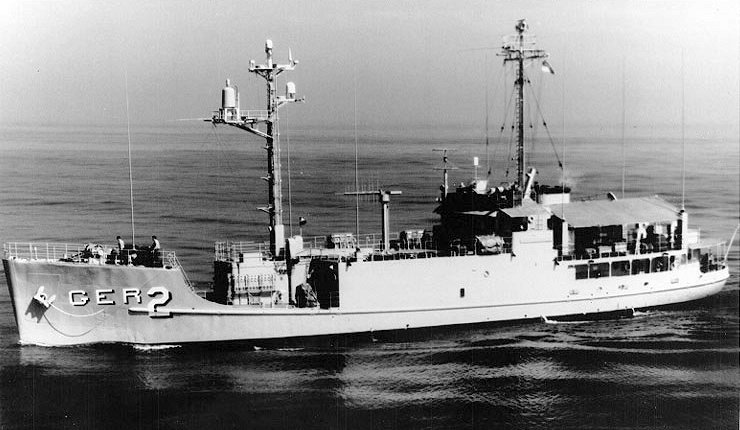January 23 in U.S. military history
1870: Following the murder of a Montana rancher and his son, Col. Eugene Baker forms a band of infantry and cavalry, leaving Fort Ellis (near modern-day Bozeman) in search of the Blackfoot Indians responsible for the attack. Coming across a Blackfoot encampment, Baker orders his men to attack the camp, not caring if it was the correct group or not.
The soldiers open fire, killing nearly 200 Blackfeet – mostly women and children. Those that survived the brutal attack were left to the sub-zero temperatures without shelter. The massacre sparks public outrage. President Ulysses S. Grant, wanting a “peace policy” with Native Americans, ends the Army’s hopes of taking over Indian affairs by appointing civilian ministers instead.
1945: With the Soviet Army approaching, Grand Admiral Karl Dönitz orders the evacuation of German citizens and troops from East Prussia, Courland, and the Polish Corridor. Hundreds of merchant vessels and German warships transporting nearly a million civilians and 350,000 troops, making Operation “Hannibal” three times larger than the famous British evacuation at Dunkirk in 1940.
That same day, the 302d Infantry is poised to make their third assault on the German-held town Tettingen. Sgt. Nicholas Oresko orders his platoon forward to silence the enemy machine guns, but no one moves. So Oresko charges alone, uphill, across the heavy snow towards one enemy machinegun nest, killing its occupants with a grenade, then finishing up with his rifle. He is hit by another enemy machinegun, whose crew then shifts their fire to Oresko’s platoon. Unseen, he moves on the second position, but realizes his grenades fell out of his jacket and crawls back to find them. The second crew is wiped out by Oresko’s grenades and rifle fire, enabling the soldiers to take the hill.
Weakened by the loss of blood, Oresko refuses evacuation until he is assured the objective has been secured. After spending one month in the hospital, he is awarded the Medal of Honor by Pres. Harry S. Truman.
1968: North Korean warships surround the intelligence-gathering ship USS Pueblo operating in international waters in the Sea of Japan and order the crew to surrender. Skipper Lloyd M. Bucher’s crew maneuver for two hours to keep from being boarded while classified materials are destroyed, but begin complying with the communists once enemy guns rake Pueblo‘s decks — killing one sailor.
No jets or warships are scrambled; the Lyndon Johnson administration allows the unarmed American ship — by policy, the ship’s defensive armaments were kept below decks — to simply fall into enemy hands without a fight. The 82 surviving sailors will endure 11 months of brutal treatment before their release. Despite the fact that Pueblo is a museum ship in Pyongyang, she still remains on the Navy’s commissioned roster.

Today’s post is in honor of Fireman Duane Hodges, who on this day in 1968, was killed by enemy fire while serving aboard USS Pueblo in the Sea of Japan. The 21-year-old sailor from Creswell, Ore. was posthumously awarded the Silver Star.
